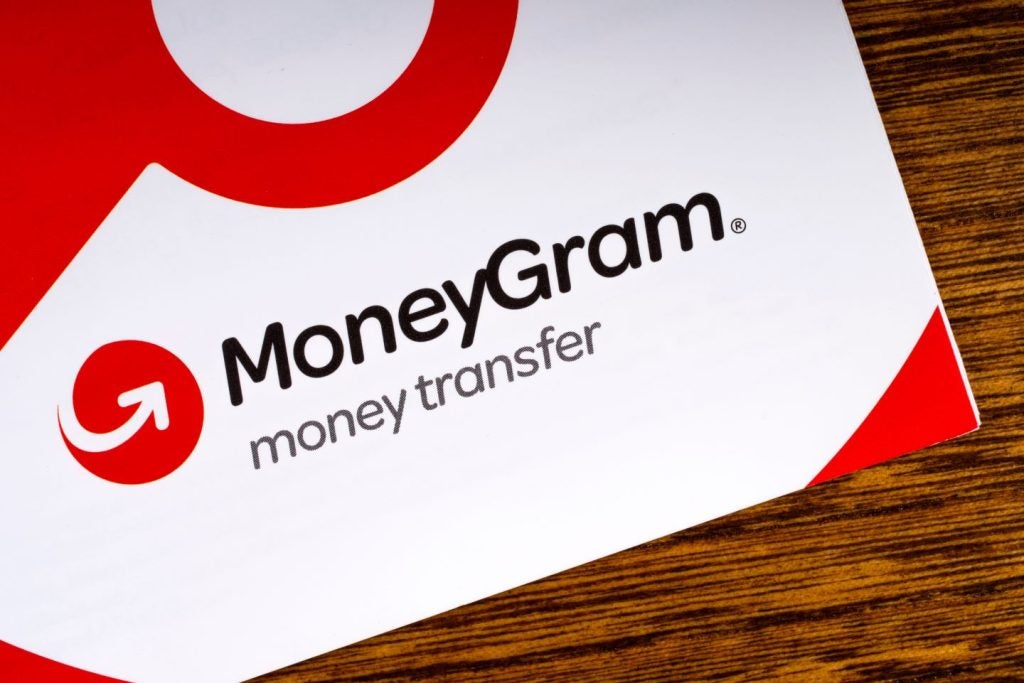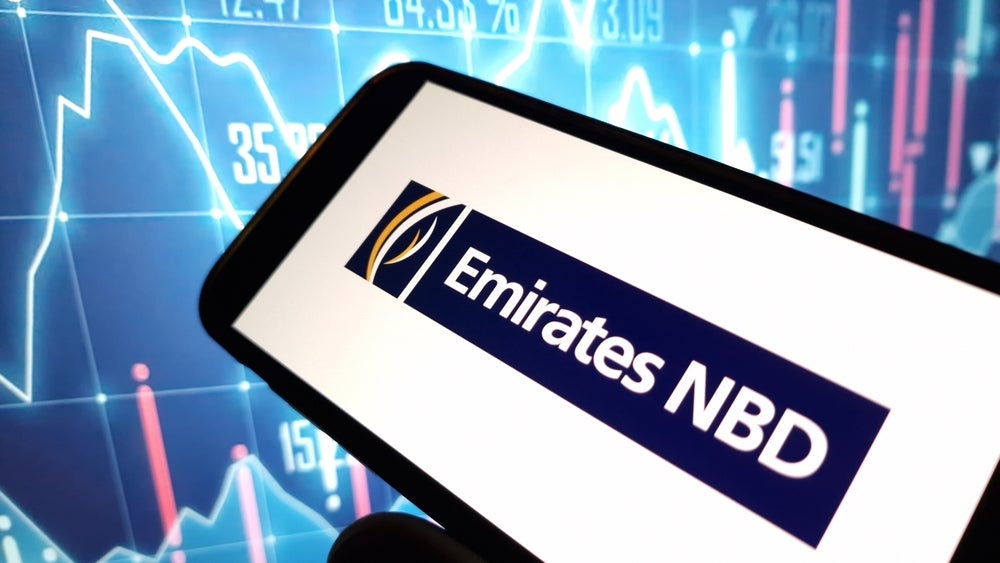
Buy-now-pay-later (BNPL) has plagued the headlines in recent months, with numerous calls for the sector to be regulated. A new report from Worldpay shows that BNPL is set to grow rapidly over the next few years – so, surely now is the perfect time to tighten the rules. Evie Rusman writes
According to Worldpay’s Global Payments Report, BNPL will double its market share to account for 4.2% of all e-commerce transactions globally by 2024.
This may seem marginal in comparison to digital wallets, credit cards, and debit cards, which will account for 84.5% of total e-commerce spend.
However, when you break it down, BNPL is having a significant impact in the countries where it is most popular. For instance, in the UK, at least 10 million consumers (around 15% of the population) used a BNPL service to fund a purchase in 2020.
This figure rose during the Christmas period, with a quarter of UK consumers using BNPL to make a purchase.
In addition, BNPL is the leading e-commerce payment method in Sweden, helping boost the 7.4% share of regional transaction value for buy now, pay later.
Covid-19 has accelerated this rapid adoption, as country lockdowns forced people to shop online.
Worldpay predicts that by 2024, BNPL will account for 13.6% of e-commerce spend in Europe.
“Advances by digital wallets and BNPL options will come at the expense of more traditional payment methods, with charge cards, cash on delivery and pre-paid services seeing steady declines through 2024,” the report notes.
Less popular outside Europe
Across APAC, BNPL is less prominent – despite doubling its market share by 2024, the sector will only account for 1.3% of all e-commerce transactions.
In North America, the sector will have a slightly bigger impact. The report outlines that, during 2020, credit cards showed signs of receding while debit cards, digital wallets and BNPL services surged in popularity.
Worldpay projections find BNPL set for explosive growth in North America, jumping 181% from 1.6% in 2020 to 4.5% in 2024. The payments company argues that consumers see BNPL as a safe way to spread out interest-free payments.
Throughout 2020, BNPL also gained traction in Latin America. “Point of sale financing options tap into a comfort level among Latin Americans consumers for instalment plans, including marketplace solutions, BNPL services and merchant finance offerings,” the report notes.
UK regulation
Worldpay’s report comes as financial experts have slammed BNPL outfits, such as Klarna, for lack of transparency in recent months.
As it stands more than half of UK consumers aged between 18 and 35 have missed a payment, with many spending more than they usually would, causing them to fall into debt.
This can have a negative impact on consumer credit scores as those who fail to pay may be faced with further interest or penalty charges.
In response, the UK’s regulator the Financial Conduct Authority (FCA) published a review into the unsecured credit market in February.
The Woolard Review sets out how regulation can support a healthy market for unsecured lending, considering the impact of Covid-19, changing business models, and developments in BNPL unsecured lending.
Christopher Woolard, chair of the review, says: “Most of us will use credit at some point in our lives. So, it’s vital that we have a fair market that works for everyone. New ways of borrowing and the impact of the pandemic are changing the market, with billions of pounds now in unregulated transactions and millions of consumers at greater risk of financial difficulty.”
He continues: “Changes are urgently needed: to bring BNPL into regulation to protect consumers; to ensure that there is secure provision of debt advice to help all those who may need it; and to maintain a sustained regulatory response to the pandemic.”
BNPL: not so rapid after all?
Despite the recent drama ensued by BNPL, new research from Trustly suggests that the sector will actually not have much of an impact.
The European study shows that 78% of UK 25-35 year-olds prefer to use debit cards when making purchases, compared to 16% who prefer to use credit cards and BNPL options.
This is followed closely by 16-24 year-olds, 76% of whom prefer using debit. The least likely group to prefer debit is 66-75 year-olds (54%).
These figures contradict the idea that BNPL is going to take the e-commerce world by storm; making us wonder what all the fuss is about.
Speaking about the research, William McMullen, Trustly’s director of e-commerce, says: “Before the pandemic there was a shift away from credit, but this has now accelerated. An uncertain economy has created a bigger appetite for debit options, particularly among young people, who want to steer clear of unnecessary debt.”
McMullen expects this trend to stay post-Covid-19. He also explains that convenience is a big driver of debit payments.
“History tells us that the most convenient solutions are the ones that gain adoption. The most successful retailers make things as easy for shoppers as they can,” he adds.
As we move towards a more digital world, only time will tell if BNPL will make a dent in the payments sector. However, regardless of what happens, regulation will be necessary to ensure consumers don’t fall victim to BNPL debt.







